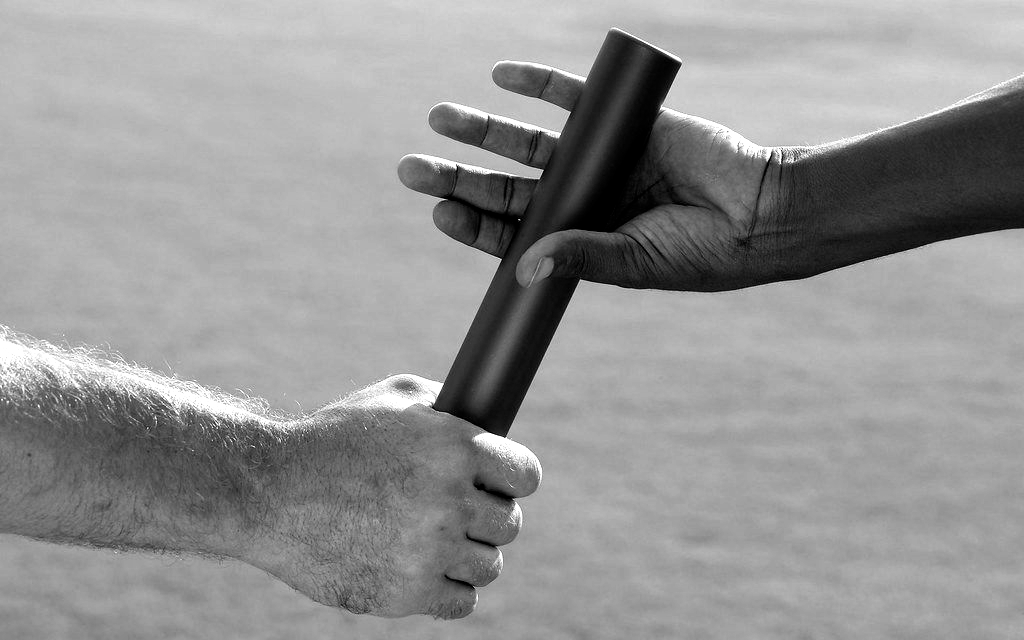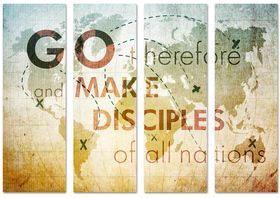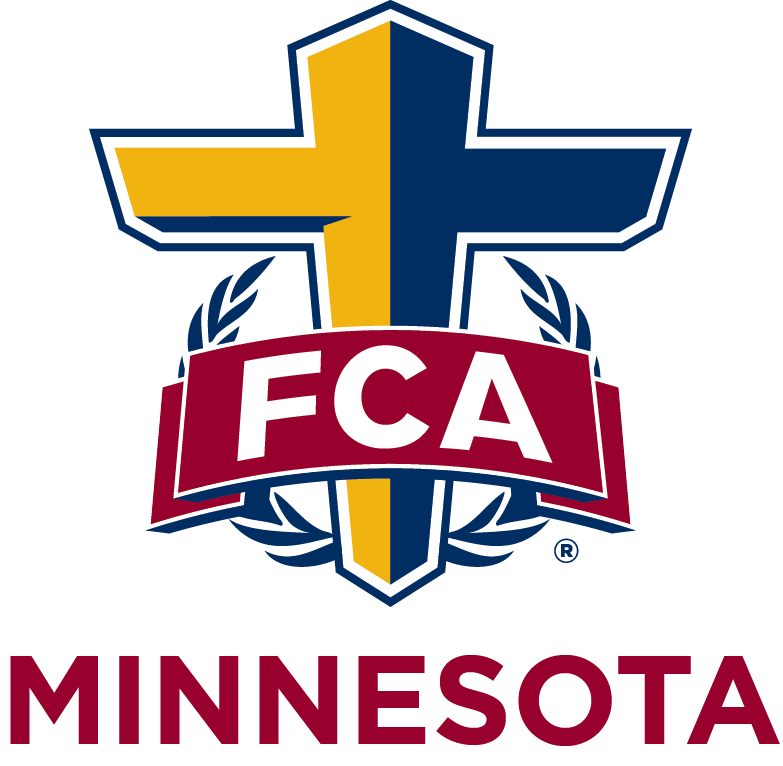I’ve Got This - Empower by Launching
If the previous three stages are done right, this final stage of empowering will be a natural transition. In Matthew 28:19-20, Jesus launched his disciples. “Therefore go and make disciples of all nations, baptizing them in the name of the Father and of the Son and of the Holy Spirit, and teaching them to obey everything I have commanded you. And surely I am with you always, to the very end of the age.” These disciples had been engaged and equipped. They had all the tools they needed.
Jesus had empowered them by modeling his own life for three years. He assisted them earlier on and then he watched as they did ministry. Finally, these disciples were ready to make disciples themselves.
It is important to note that this final step does not mean the disciple maker ends the relationship.
Instead, the process of engaging, equipping, and empowering continues. Jesus continues to do this with his disciples all over the world and promises to stay with them until the very end. The same is expected of the disciple maker. This will allow for the greatest multiplication possible.
When an entire organization works on something together, the results can be staggering. FCA has drawn a line in the sand to declare that discipleship is a top priority, and they have provided consistent tools for staff to be able to disciple others well. We are excited about what this means for the ministry of FCA and the Kingdom of God as more and more people learn what it means to follow Jesus and become disciple makers.




